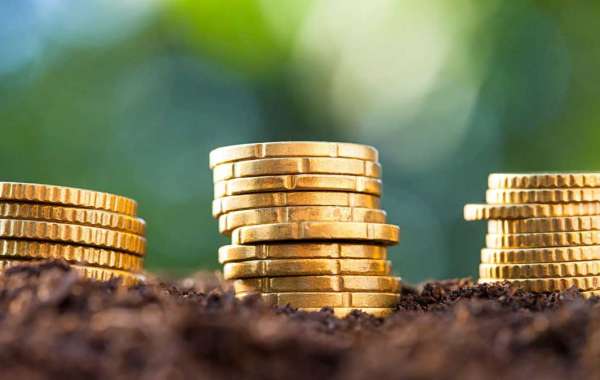
Everything You Need To Know About Sharia Banking
If you've ever wondered what the sharia banking service in Australia is, you're not alone. Sharia means 'Islamic law' but it's also used to describe financial practices that follow the teachings of Islam. Basically, it's the idea that Muslims should only buy things they need and use their money in responsible ways.
What does sharia mean for banking?
Sharia is a set of rules that Muslims follow in their daily life, including financial matters. In Arabic, sharia means “path” or “way.” It's a set of guidelines based on the Quran and other Islamic texts that help Muslims live with purpose and meaning.
Sharia covers many areas of life: how you spend your money, how you interact with other people, how you dress and behave in public—and even what types of food are permissible for consumption (for example, pork is forbidden). For these reasons, many non-Muslims may have heard about Shariah law but don't know exactly what it means or why it's relevant to them personally.
Are sharia banking practices different from normal ones?
Sharia banking is not the same as ethical banking. While both share a similar goal of following practices that are considered ethical by society at large, sharia banks are not required to follow specific ethical guidelines.
In contrast, ethical banks may choose to follow sharia principles but do not have to—it's about following certain practices rather than adhering to rules.
What investments do sharia banks use?
If you are looking for a sharia-compliant investment, Sukuk is the way to go. A Sukuk is a financial certificate that is based on assets and not debt. This means that if an investor buys a Sukuk, they will receive an annual profit from that asset rather than interest payments. There are several different types of assets that can be used in issuing these certificates; some examples include gold and real estate properties.
There are many benefits to buying Sukuk over other forms of financing (like bonds). First, since it's based on assets like gold or land instead of debt-backed securities (which may not hold their value), investors will receive more predictable returns when purchasing these certificates compared to those offered by traditional banks or financial institutions. Second, because they're based on tangible goods such as land or precious metals instead of paper currency which fluctuates often due to inflation rates among other factors outside one's control when investing money into something like stocks/bonds etc.
Are ethical and sharia banking the same thing?
Ethical banking is a subset of socially responsible or sustainable banking. In this case, it means that the bank strives to make all of its business decisions and practices align with its values. This can include things like fair lending practices and supporting small businesses in communities unserved by other banks. It's about creating a culture within your organization that emphasizes integrity and ethics above all else.
Socially responsible or sustainable banking is another way of saying that you follow best practices for doing business—for example, complying with regulations set forth by governments around the world while also considering how your actions impact society as a whole, including employees and customers alike.
Conclusion
To sum up, sharia banking in Australia is a way of managing your money that is based on Islamic principles. It involves using only halal investments and avoiding haram transactions in order to stay faithful to God's will.
Sharia banks offer services like investment accounts and loans that comply with your religious beliefs, but they also have plenty of options for non-Muslim customers too! If you're interested in learning more about how these institutions work or want some advice about which financial institution might suit your needs best then contact an expert now.





